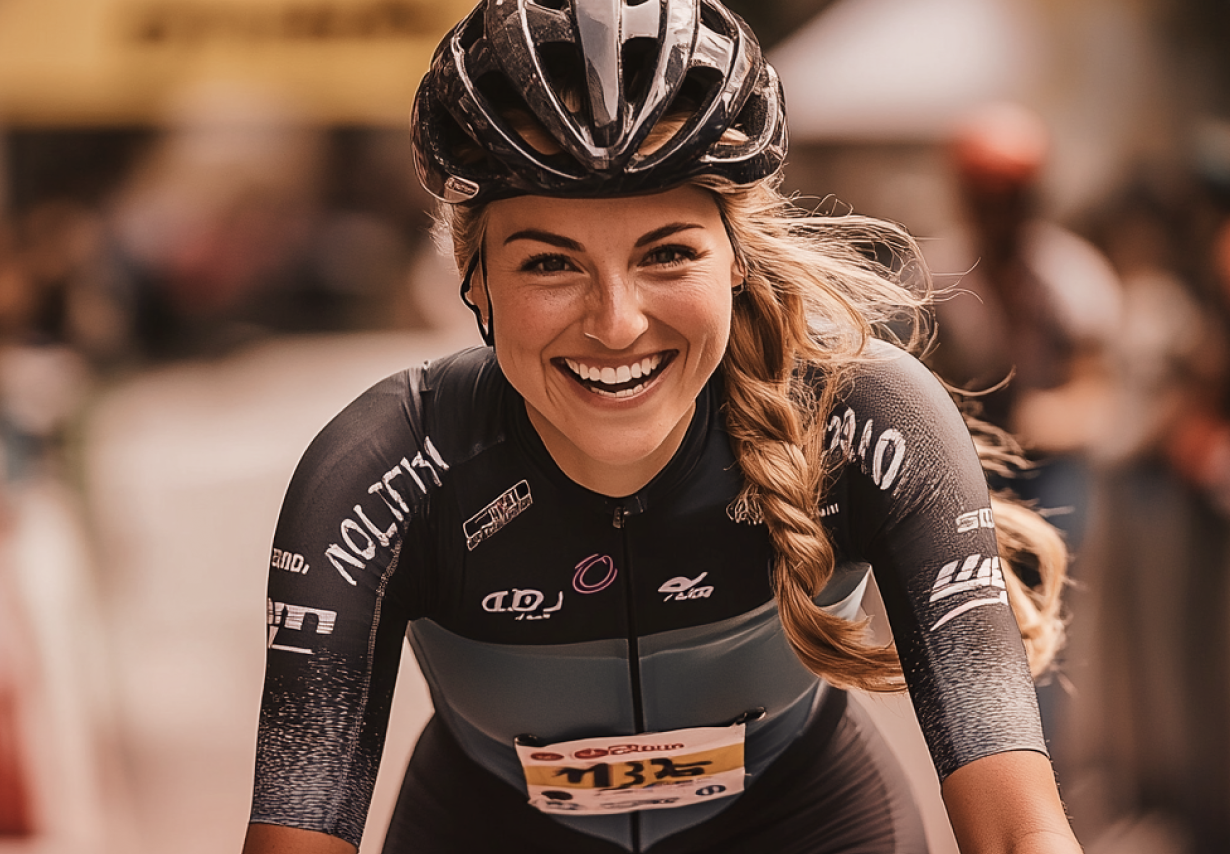
For athletes, training and nutrition are often front and center when it comes to performance. But there’s another pillar that is just as critical — and often underestimated: sleep.
Sleep directly influences athletic performance, reaction time, endurance, strength, focus, and injury recovery. In short, better sleep can make you a better athlete.
What Happens in the Body During Sleep?
Sleep is when your body does its most important behind-the-scenes work:
Muscle Repair and Growth: During deep sleep, the body releases growth hormone, which is essential for muscle recovery and development.
Memory and Motor Skills Consolidation: Sleep helps the brain process training input, improve coordination, and solidify new movements.
Hormonal Balance: Poor sleep disrupts hormones like cortisol (stress) and testosterone, both of which influence recovery and physical performance.
Immune System Boost: A strong immune system keeps you healthier and ready to train consistently.
What the Research Says
Several studies have found that increasing sleep duration and quality can significantly boost performance:
A Stanford study showed that basketball players who slept more (about 10 hours per night) had faster sprint times and improved shooting accuracy.
Another study on swimmers found reaction times off the blocks improved, and mood and daytime alertness increased, with extended sleep.
Even small amounts of sleep deprivation can lead to slower reaction times, decreased endurance, and greater risk of injury.
Tips for Athletes to Sleep Better
Here are some sleep strategies every athlete can use to support peak performance:
🕒 1. Stick to a Consistent Sleep Schedule
Go to bed and wake up at the same time every day — even on weekends. Consistency helps your body optimize recovery.
🌙 2. Prioritize Quality Sleep
Create a cool, dark, quiet sleeping environment. Avoid screens and caffeine in the evening.
💤 3. Nap Wisely
If you train intensely, short naps (20–30 minutes) in the early afternoon can help recharge without affecting nighttime sleep.
🧠 4. Wind Down with a Routine
Incorporate calming rituals like light stretching, meditation, or reading before bed to signal to your brain it’s time to rest.
Summary
For athletes, sleep isn’t optional — it’s a performance enhancer. From faster recovery to better focus and lower injury risk, sleep fuels your training and execution. If you’re not sleeping enough, you’re leaving potential on the table.
Sleep is not a luxury — it’s your competitive edge.